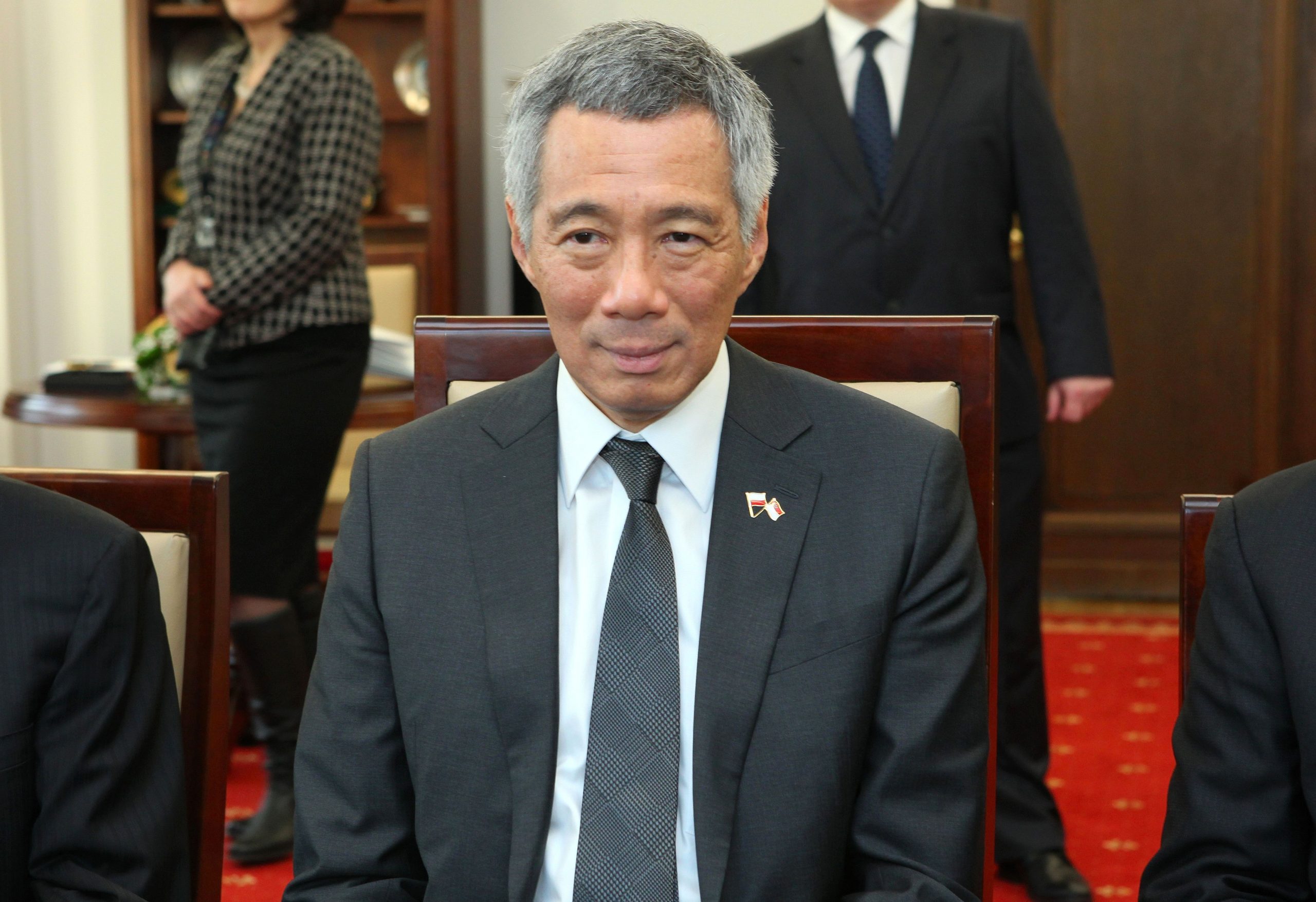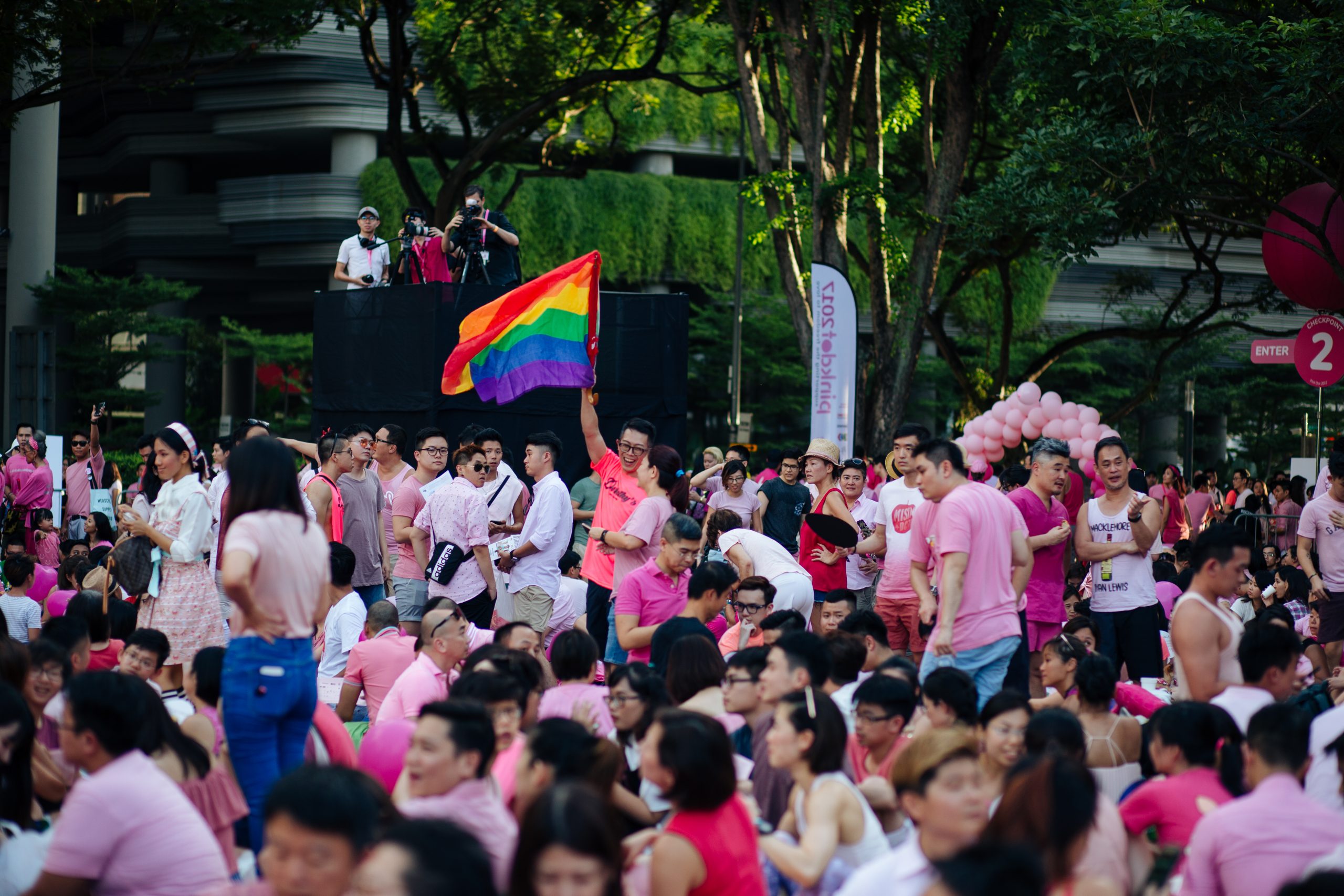The announcement came as part of Singapore’s National Day Rally, with the Prime Minister saying the offence was severely outdated and did not reflect the thinking of many modern-day Singaporeans who feel that what gay men do behind doors is a personal matter.
“From the national point of view, private sexual behaviour between consenting adults does not raise any law-and-order issue. There is no justification to prosecute people for it, nor to make it a crime.”
According to market research company Ipsos, 45 per cent of Singaporeans are more supportive of same-sex relationships now than they were three years ago.
While it was also noted that 67 per cent of 18 to 29 year old’s were accepting of LGBTQI relationships.
S377A was established in the 1930s under British colonialism and has been fiercely debated since the mid-2000s but despite this overhaul, Mr Loong has said that gay marriage will not be legalised because Singapore “by and large… is a traditional society, with conservative values”.
“Many national policies rely upon this definition of marriage – including public housing, education, adoption rules, advertising standards, film classification,” he said.
“The Government has no intention of changing the definition of marriage, nor these policies.”

“We’re ecstatic that this discriminatory, antiquated law is finally going to be off the books. There’s a sense that maybe it took a little too long, but it had to happen, you know. Today we are very, very happy.”
But Director of Public Affairs at Ipsos in Singapore Melanie Ng has said that much of the older generation are still slow to change their minds on the topic.
“Today, we continue to see a steady shift in societal attitudes, led by younger adult Singaporeans who are more ready to see the country embrace same sex relationships,” she said.
“At the same time, while the older generation of Singaporeans remains largely opposed to same-sex relationships, we also see attitudes slowly changing.”






